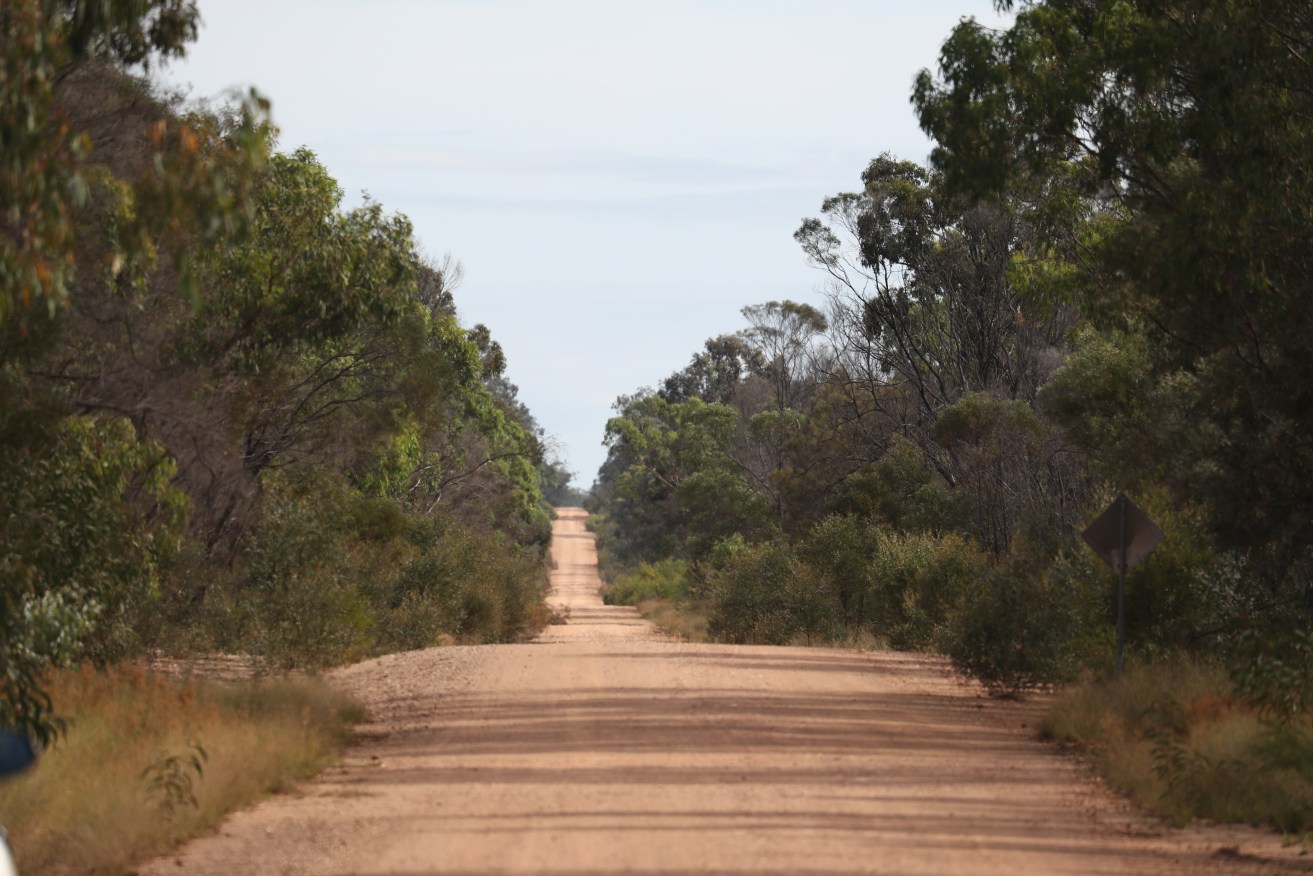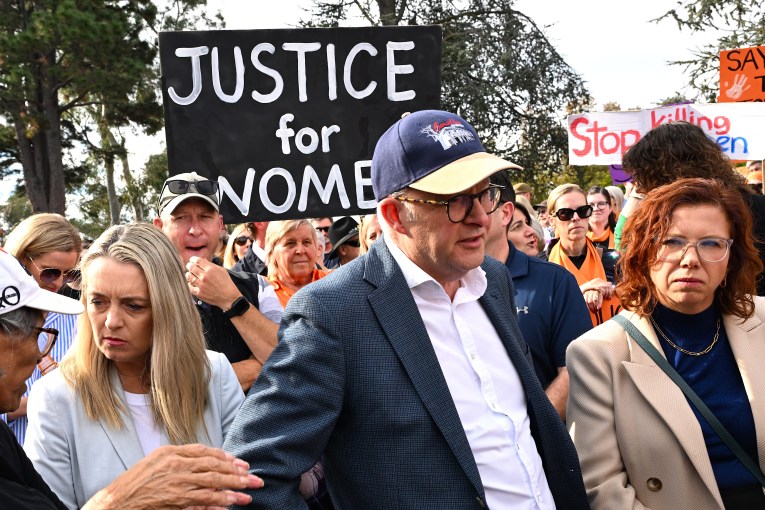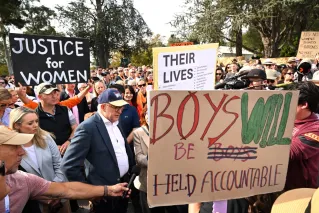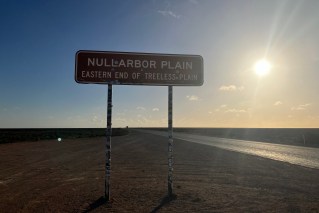Plight of the blockies: The fires and a community’s complex problems exposed
The bushfires threatening the fringe communities of the Western Downs have again brought the area’s social and economic challenges to the fore, writes Greg Hallam

A dirt road near Wieambilla on the Western Downs (AAP Image/Jason O'Brien)
The very recent tragic fires across Queensland, especially the Western Downs, highlight the plight of people living on the fringes of towns and cities , indeed society.
They are marginalised, full stop. Out of sight, out of mind.
Back in December last year your scribe wrote a piece on the Wieambilla massacres, highlighting not just the community’s social dysfunction but their exposure to fires as a consequence of poor planning decisions in the 19th century.
The somewhat derogatory term “blockies “was banded around widely at the time .
All of those frailties and exposures continue to this day. I was especially taken aback by a Tara blockie’s quote after the fires that they were “ cursed”. In academic terms, acquiescing in their own powerlessness.
Any number of properly credited statistical sources underscore the disadvantage that people suffer on the fringes in Queensland society. Poverty, illiteracy, poor health , disability, substance abuse, domestic and sexual violence, and incarceration.
That might be harsh and not polite to call out but it’s the awful truth. Just ask the police and community service workers how many times they are called out to these places.
Sadly, it’s the same the world over. The British Office of Statistics published a paper last decade that addressed deprivation in spatial terms. It found that the inner city areas of the biggest cities and communities on the fringes of English major urban areas – in fact remote rural areas – had these characteristics: income deprivation, employment deprivation, health deprivation and disability, education, skills and training deprivation, and crime. Sound familiar?
To top it off , “the fringes” are most susceptible to natural disasters. A recent paper by the University of North Carolina found America’s disadvantaged communities were located in so called disaster belts. Australia, in fact Queensland, is very much the same.
All up, people who are already disadvantaged in so many ways are drawn to the fringes. It’s seemingly cheaper and just as importantly other residents look and sound like them.
The Mayor of the Western Downs, Paul McVeigh, is doing a wonderful job leading his community but he faces a very difficult challenge in addressing generations of neglect in the fringe communities, where self help is a rare commodity.
I need to stress that this is not only a Western Downs or Tara problem. It’s statewide in shanty communities, many of which have sprung up because of poor planning decisions involving dry block subdivisions. But it can also be traced back to state governments making really bad calls 100 years ago on future railway and timber towns. Those decisions still haunt us to this day, because the planning approvals are largely irreversible.
Celebrated academic Emeritus Professor Robert D Putnam’s two towering works, Civic Traditions in Modern Italy and Bowling Alone, talk to the inability of some communities to organise themselves and the results of that inability – a generation of despair and inaction .We would call it being stuck in the mud.
Some 40 years ago I read acclaimed Brazilian philosopher Paulo Freire’s seminal work, Pedagogy of the Oppressed, and his central message resonates with fringe communities. Hand outs don’t fix the problem but make it worse. Governments need to work with the fringe dwellers to build and strengthen those communities’ capacity for self help. It needs to happen in a targeted and ongoing way, and it’s a very long haul.
Without a big long term investment in self help, these problems in all their manifestations will continue to reverberate.
Greg Hallam AM, PSM is a former Chief Executive Officer of the Local Government Association of Queensland who writes regularly for InQueensland.












